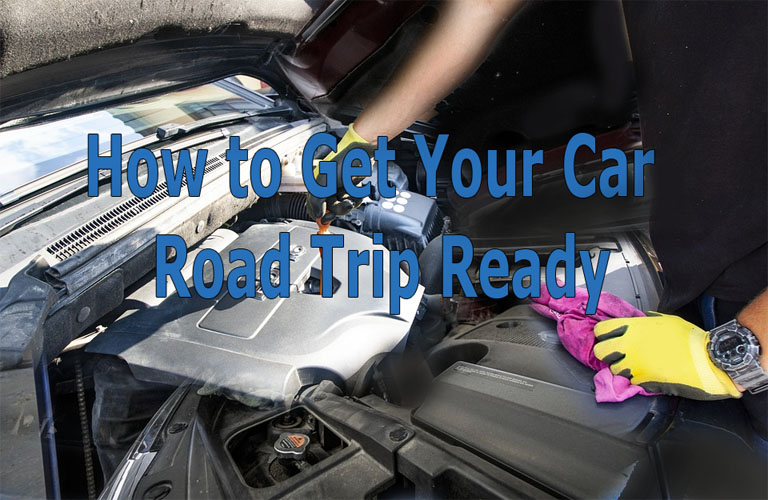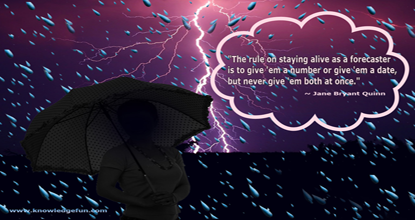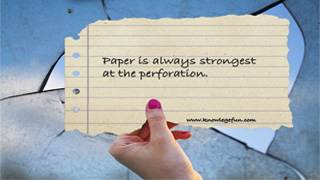Vehicle Checklist
How to Get Your Car Road Trip Ready
Planning a road trip with your car? Make sure your car is ready. Even the best planning will be undone if you can't depend on your vehicle. So, go over our vehicle checklist and complete these basic maintenance tasks before your road trip to avoid unpleasant surprises.
Before your road trip pack an emergency kit in your car. Your emergency kit should include: blanket, bottled water, non-perishable food, jumper cables, a flashlight with extra batteries, emergency road flares and first aid kit.
- Vehicle Maintenance Checklist
- Get a tune up - This typically includes oil change, mechanical inspection and tire rotation.
- Have all fluids checked - This usually includes the brake fluid, transmission fluid, power-steering fluid and coolant strength checked.
- Tires - Replace tires with uneven wear or tread damage and don't forget to check your spare tire and its release mechanisms (particularly if the tire is stored underneath or on the outside of the vehicle). Also make sure you have all the essential tools to fix a flat tire if needed (a jack and cranking mechanism, tire wrench and tire gauge).
- Wheel alignment - Have wheel alignment checked by a professional, especially if you've recently encountered large potholes or curb drive. This helps avoid rapid tire wear, damage and pulling.
- Lights - Check and replace all burned out lights. Also make sure you have necessary replacements.
- Wipers - Check and replace wiper blades if they are worn or damaged.
- Air conditioning - Check air conditioning refrigerant levels and filters; otherwise warm air may be emitted.
- Flushing - Flush your cooling system to prevent acid build-up, which can lead to a leaking seals, burst hose (or both) and cause overheating.
- Battery - Inspect the battery case for cracks, bulging or leaking fluid, which indicate it needs to be replaced immediately.
- Windshield - Clean your windshield inside and out, and top up your winter washer fluid.

Summer heat is tough on batteries. More car batteries fail in July than in January.
:: What You Should Know ::
Vehicles use 20% less fuel when you are driving at 90 km/h instead of 120 km/h. Reducing speed and using cruise control is very good idea.
Service your vehicle regularly for better fuel efficiency.
For every 45 kg of excess weight in your vehicle, fuel consumption increases by 2%. So, remove excess weight from your vehicle when not in use.
After winter season, give your vehicle a thorough cleaning to remove salt and sand. Check for rust and rotting on brake lines, fuel lines and electrical wiring. Also remove salt and sand from wheel wells.
Investing in rust protection for your vehicle is very good idea - it can reduce your long-term maintenance cost.
For better fuel efficiency, keep your tires properly inflated.
All loose, frayed or cracked fan belts should be replaced because they can affect the battery's ability to recharge.
Before turning off your car, shut off the radio, headlights, wipers, navigation device and inside lights. These items can drain your battery even when the car is off.
"We live in a wonderful world that is full of beauty, charm, and adventure. There is no end to the adventures we can have if only we seek them with our eyes open."
~ Jawaharlal Nehru





